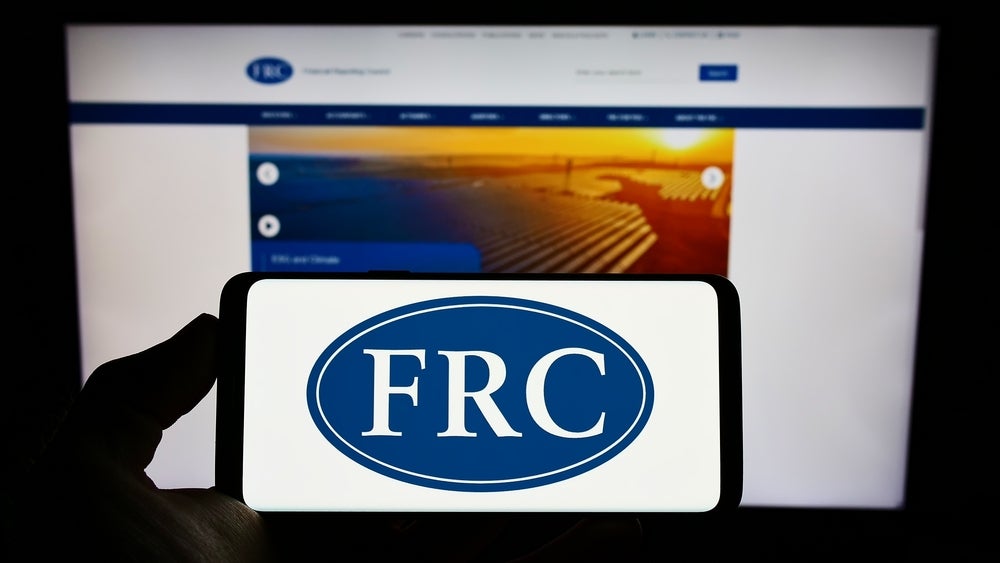
Confidence among the finance leaders of the UK’s largest firms has dipped in the second quarter, partially unwinding the sharp rise in sentiment seen in Q1 2023, according to Deloitte’s UK CFO Survey Q2 2023.
A net -10% of CFOs are more optimistic about their firm’s financial prospects now compared to three months ago, down from a net 25% in Q1 2023.
With growing concerns over persistent price pressures and the potential implications of further interest rate rises, CFO perceptions of uncertainty have risen. Almost half of respondents (45%) now rate the levels of external financial and economic uncertainty facing their businesses as high or very high, up from 39% in Q1 2023.
Meanwhile tight monetary policy is seen by CFOs as the top threat to their business, outweighing the concerns around geopolitics and energy prices that have dominated for the last two years. With recruitment difficulties and supply chain pressures easing significantly since the start of the year, labour and supply shortages have slid down the CFO risk list.
Conducted between 15 June and 27 June 2023, Deloitte’s latest quarterly CFO Survey captures sentiment amongst the UK’s largest businesses. A total of 69 CFOs participated, including the CFOs of 13 FTSE 100 and 21 FTSE 250 companies. The combined market value of the 37 UK-listed companies surveyed is £317bn, or approximately 13% of the UK quoted equity market.
Corporates expect persistently high inflation
How well do you really know your competitors?
Access the most comprehensive Company Profiles on the market, powered by GlobalData. Save hours of research. Gain competitive edge.

Thank you!
Your download email will arrive shortly
Not ready to buy yet? Download a free sample
We are confident about the unique quality of our Company Profiles. However, we want you to make the most beneficial decision for your business, so we offer a free sample that you can download by submitting the below form
By GlobalDataThe three months following the last survey have been marked by a series of unexpectedly high readings for UK inflation and earnings growth. These numbers appear to signal a more prolonged period of high inflation, with CFO expectations for inflation in two years’ time rising from 2.9% in Q1 2023 to 3.6% in Q2 2023.
CFOs have raised their interest rate expectations and expect the Bank of England’s base rate to be at 4.5% in a year’s time, up from an expected 3.75% in Q1 2023. They also report tighter credit conditions, with a net1 86% rating new credit as costly. On this measure, the cost of credit is at a 14-year peak – its highest level since the credit crunch.
Focus on reducing costs
CFOs have sharpened their focus on cost reduction and increasing cash flow. They are now placing greater emphasis on these defensive strategies than their long-term average, with 55% of CFOs rating corporate cost reduction and 46% of CFOs rating increasing cash flow as a strong priority for their business in the next 12 months.
Ian Stewart, chief economist at Deloitte, said: “The burst of business optimism seen in the spring has faded under the weight of inflation and rising interest rates. Corporates have responded with an increasing focus on cost reduction and cash control.
“Businesses have negotiated a series of major challenges in the last four years, including the UK’s departure from the EU, the pandemic and supply shortages. The legacy of those earlier shocks, in the form of inflation and high interest rates, is now the central challenge.”
Labour market cooling
The survey finds some early signs of a softening labour market, with a net1 43% of CFOs expecting UK corporates to decrease hiring over the next 12 months.
Finance leaders also report a continued easing of recruitment difficulties and labour shortages, with 13% rating recruitment difficulties faced over the last three months as ‘significant’ or ‘severe’, down from 18% in Q1 2023. They expect some further improvement over the next 12 months and ‘significant’ or ‘severe’ recruitment difficulties to ease to negligible levels in two years’ time.
Consistent with this softening, CFOs expect a slowdown in wage growth in their own businesses from 6.3% over the past 12 months to 4.7% in the next year.
Views on hybrid working
When asked about hybrid working, CFOs estimate that employees in their organisations who can work remotely split their time evenly between the office and home, working on average 2.6 days from the office per week. CFOs say they would prefer this to rise to approximately three and a half days in the office every week.
More than half (56%) believe that employees will be spending more time in the office in two years’ time, while 38% think the current balance will continue, and only 6% expect to see a further reduction in time spent in the office.
Commenting on this, Deloitte chief UK economist, Ian Stewart said: “Three years on from the start of the pandemic, CFOs say they would like to see employees spend rather more time in the office. Most CFOs expect the balance between work and home to shift over the next two years, with employees spending almost an extra day on average in the office.”
This comes after The Accountant covered earlier reports by Deloitte which seemed to suggest that CFO confidence saw a bounce back in terms of business confidence.





